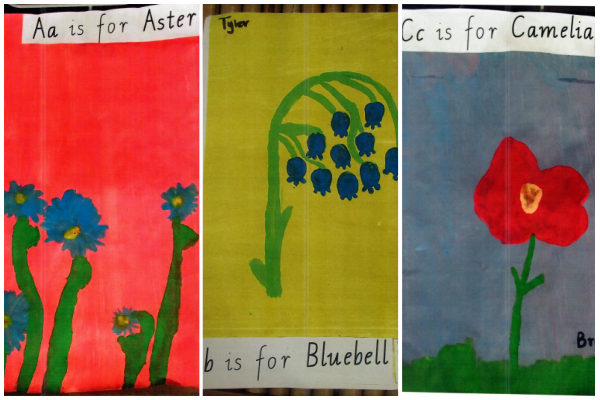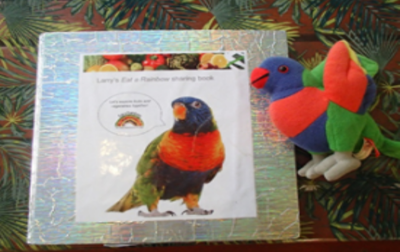Griffith Uni ELC: Starting small and dreaming big

Engaging children in the kitchen and garden at an early age is at the very core of the Foundation’s ‘start small, dream big’ approach. Since November 2020, Griffith University’s Early Childhood Learning Centre has held this in mind, using the Program’s adaptable model to set up a kitchen garden program that responds to children’s abilities and their unique setting. Children are growing their skills and knowledge through play-based learning, as they learn about the food they eat and the ways it grows at one of the most formative periods in their lives.
Families at the Centre are able to enjoy the garden on arrival. They’ve found using it as a transition tool to drop the children off makes saying goodbye a little easier each morning.
The Centre’s Director, Ruth Simpkins, has seen the positive impact the program can have on child development. “It teaches sustainability and supports mental health, emotional regulation, children's understanding of physical health and the value of a healthy diet,” she explains.

Learning the Alphabet with flowers
Sparking curiosity and developing learning skills
We sometimes think of gardening as an adult activity. This can get reinforced when we give in to our children’s wishes to watch screens of some sort instead of being outdoors. But gardening is a wonderful way for children to have fun and, at the same time, gain important knowledge and skills. – Melissa Bower, Kitchen Garden Specialist
Activities in the garden are often linked to the stories children read as a group. For example, after reading Jack and the Beanstalk together the class go outside to the garden and plant beans. “Not only does this spark curiosity and imagination in young minds, knowing and understanding many words and having an extensive vocabulary also provides the background knowledge for understanding words read aloud from stories,” says the Centre’s Kitchen Garden Specialist, Melissa Bower.
Excitement for the kitchen garden doesn’t stop at the children. Parents and grandparents are actively involved. One incursion saw a child’s father, who is a professional gardener, come in and explain what plants need to grow. This sparked curiosity in the children, who moved on to discuss whether plants could grow in space, on planes, or under the sea – naturally developing critical reasoning skills.
Educators encourage families to take the learning beyond the centre gate, by giving children a plush toy called Larry the Lorikeet to take home. Because his diet consists of rainbow fruit and vegetables, when he visits children’s houses they are encouraged to share these brightly coloured fruits and vegetables with Larry – extending the conversations about positive and pleasurable food.
The garden is also used as a tool to promote cultural awareness, with the children creating artworks around different country’s national flowers, to build an understanding and appreciation of different cultures.

Larry the Lorikeet
Turning challenges into opportunities for growth
It hasn’t all been smooth sailing, and educators have run up against their fair share of hiccups when setting up the program. All of which have been overcome with the support of the Centre’s wider community and advice from the Kitchen Garden Foundation Support Team.
The Centre is located in a bush setting, surrounded by forest, and the natural environment has thrown up a few obstacles. When local wildlife kept attacking “any attempt at having a compost bin”, a solution was found by installing an underground compost system. While moving to a raised ‘vegepod’ system has helped keep the possums from eating all their crops.
When setting up the garden Melissa also made sure to plant seedlings that were a little further along in the life cycle alongside new seeds, enabling children to understand the growth process more readily.
The Centre has truly developed a family feel. Grandparents stop by to deliver seedlings to the students, while parents get involved in regular working bees – giving children a sense of the importance of community, which they can carry with them throughout their lives.
Find out more about the Kitchen Garden Program for Early Childhood – and especially the new Program membership tier – at the membership page.
< Back to Latest News
